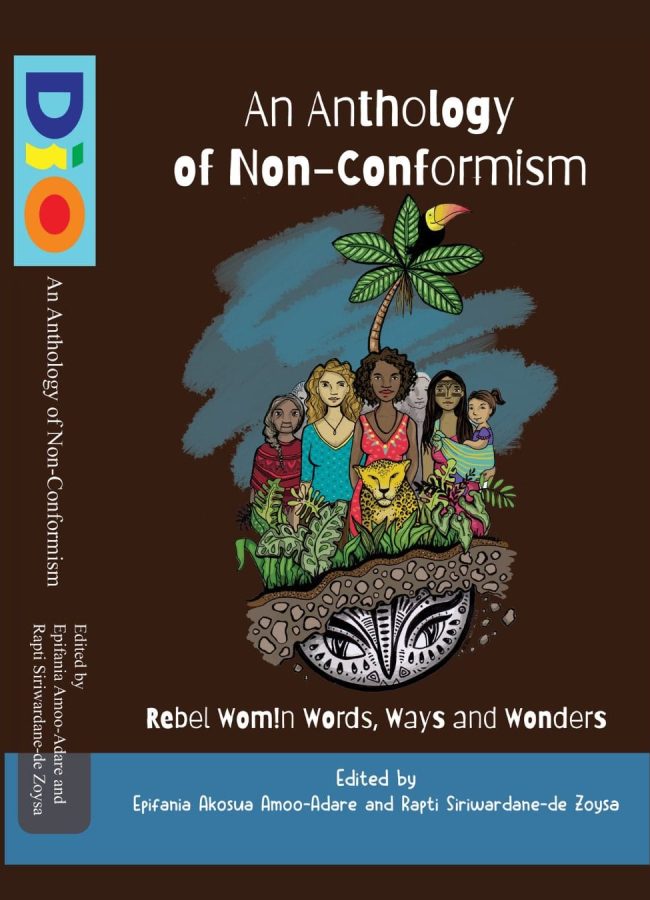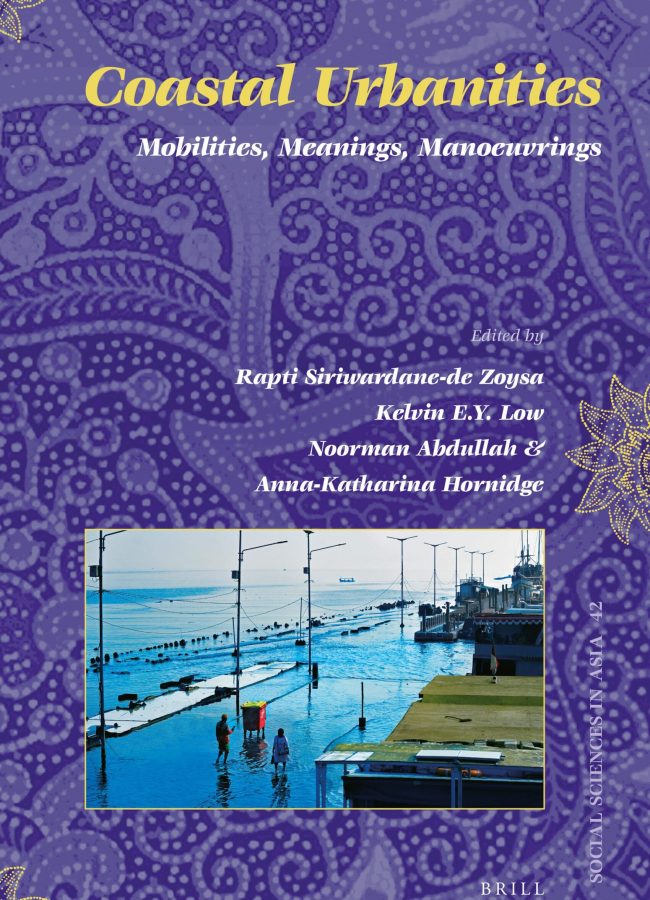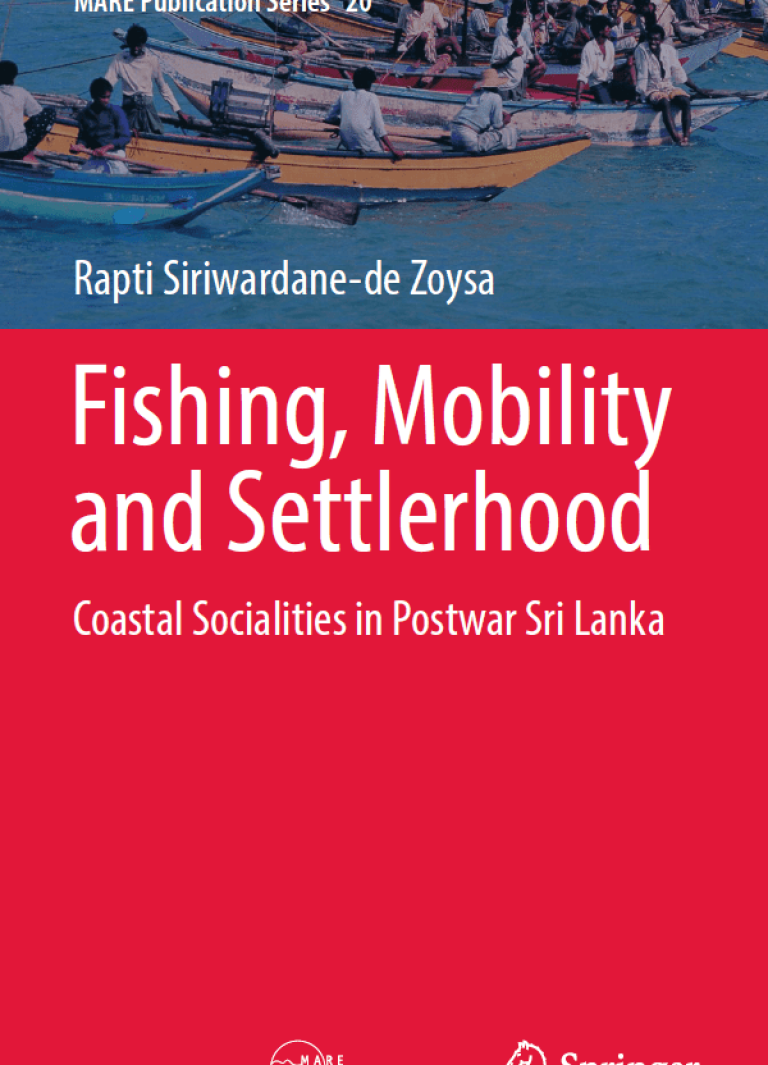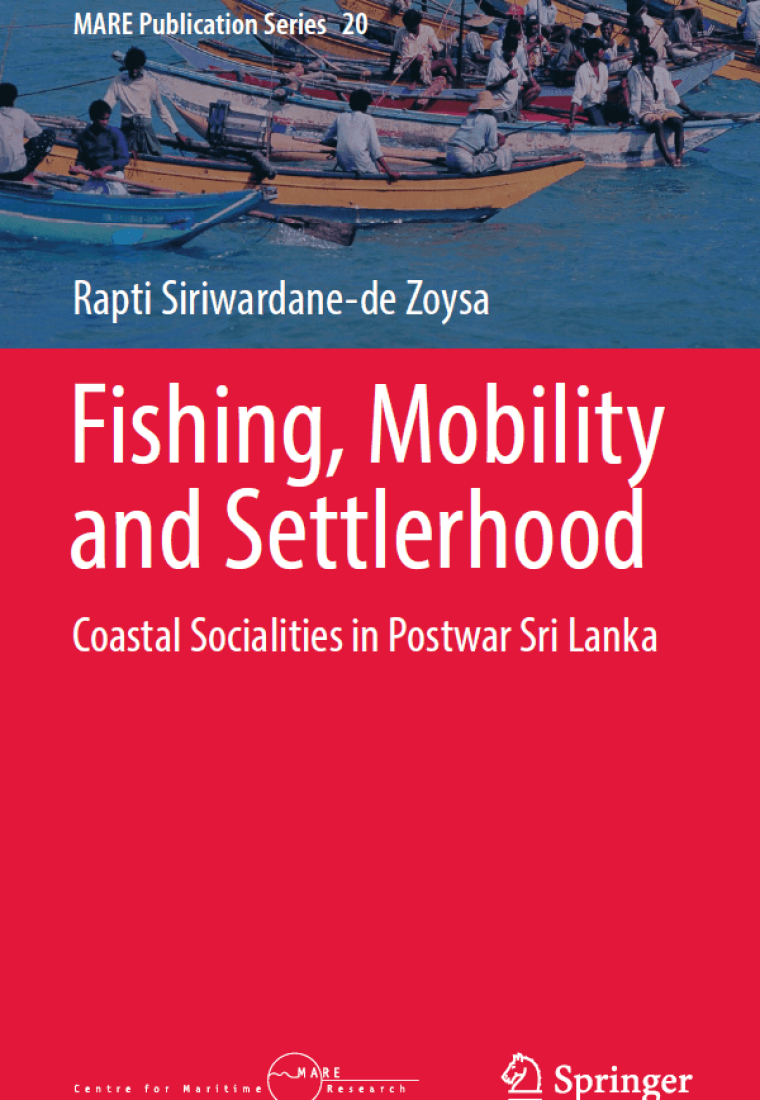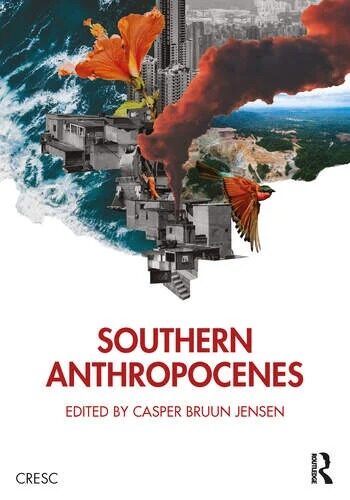







Tracing the ebbs and flows of being and ecological belonging...
Rapti Siriwardane-de Zoysa, PhD (she/du )
Rapti Siriwardane (Ria) is a sociologist and ethnographer whose work explores how everyday precarity and (be)longing are vernacularly understood and actively reworked as lived experience. Her research unfolds between littoral and urban worlds, with a focus on the Indian Ocean region and its wider transcultural entanglements.
She is Senior Researcher at the German Institute for Development and Sustainability (IDOS) and Lecturer at the University of Bonn’s Center for Dependency and Slavery Studies (BCDSS), where she leads the cross-institutional research group POESIS: Power, Knowledge, and Servitude at Sea.
Drawing on critical ocean studies, southern theory, and the anthropology of development, she examines how race, gender, labour, and multispecies relations shape post-disaster and postwar placemaking, eviction and dispossession, speculative infrastructural projects — including floating urban design — and, more recently, the spectral afterlives of global shipping. Phenomenologies of the sea and postcolonial epistemic dependencies remain central to her work. For more.
Recently published & forthcoming
What happens if Southern Anthropocenes are allowed to multiply, and room is made for practices of worlding and life that are impossible from within the singular Anthropocene? This wide-ranging volume addresses the changing landscape of problems, challenges, and possibilities that emerge once the macroscopic notion of the Anthropocene is replaced with Southern Anthropocenes. It envisions Southern Anthropocenes as an opening towards forms and ends of life that exceed—while remaining in partial relation with—modern socio-economic horizons and the determinations of the geo-, eco-, and climate sciences
Book Chapter
Siriwardane-de Zoysa, R. (2025). “Tropical Cargoscapes: Sojourning Putridities in the Afterlives of Medical Necrowaste“, in Jensen, C.B. (Ed.), Southern Anthropocenes. London: Routledge.
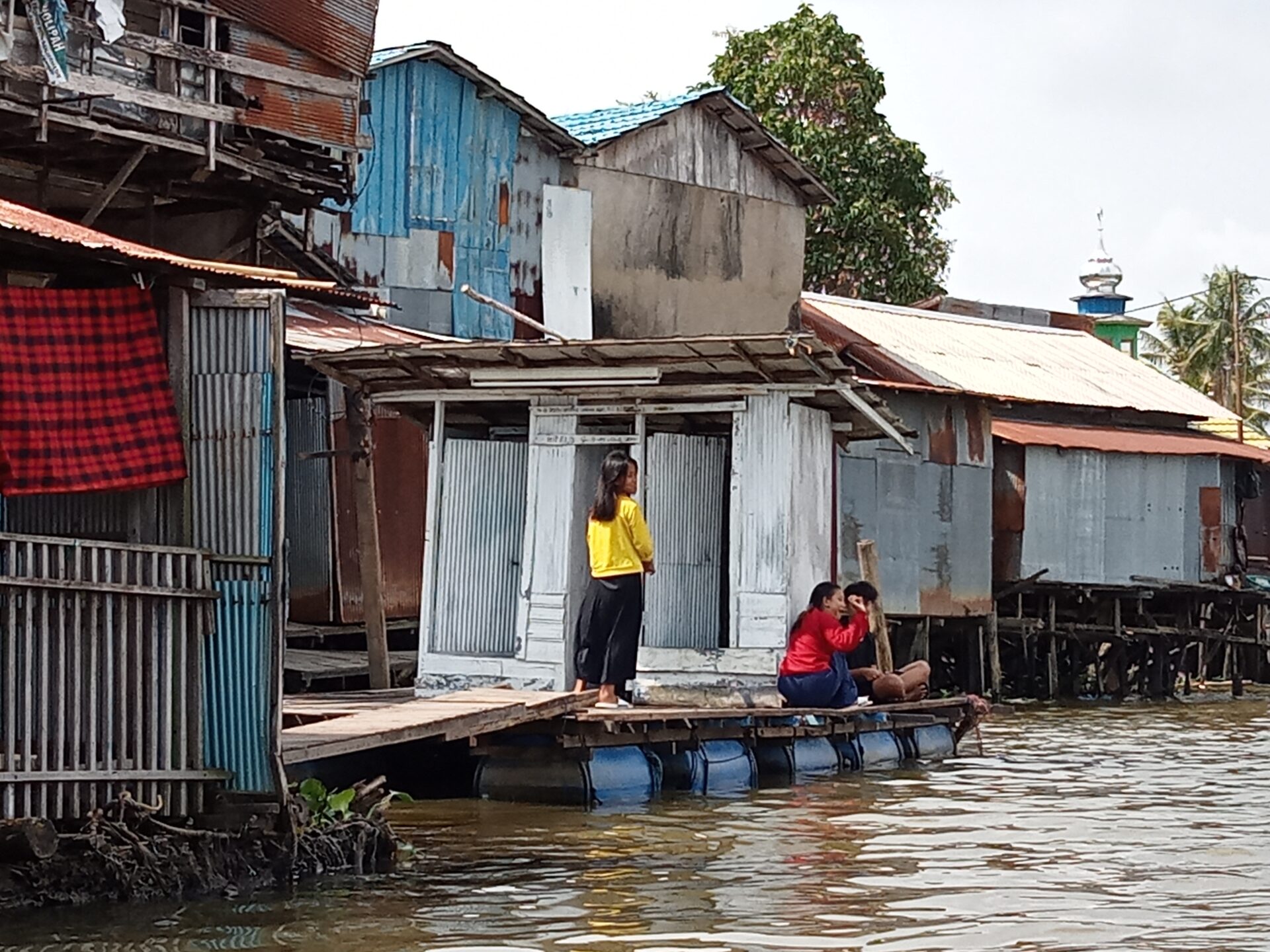
Credits: Annisa Ananda Sari, Rumah Lanting abode on the Martapura River, Banjarmasin, September 2023
Journal article
Siriwardane-de Zoysa, R. & Gemilang, M. S.C.. “Buoyant Life: Floating Urbanities Adrift in the Archipelagic Imaginary“. Engaging Science. Technology & Society, thematic collection: “Entangled Areas”, Jensen, C.B, and F. Thufail.
Why Tidescapes?
There goes a river, heaving an ocean behind it… Jalāl al-Dīn Muḥammad Rūmī (1207-1273)
Intertidal zones are shapeshifting milieus, characterised by diverse rhythms, flows and temporal registers. They are home to hybrid ecologies of animal, vegetal, and geological life as marine, riverine, brackish and groundwaters mingle and circulate.
Historically, tidal spaces have served as diverse frontiers in human and more-than-human histories: as territories to be fought for and fought over, as conduits of/for cultural exchange, and as dis/connected worlds of colonial and imperial encounter, enslavement, and resource extraction.
Climate-induced changes across water, land, the atmospheric, and the subterranean are more acutely experienced in such spaces. In the so called ´global south´ intertidal spaces have often historically been home to marginalised communities, whether it be the vast floodplains and mangrove forests of the deltaic Sunderbans, or the rapidly subsiding urban fabric of northern and western Java.
Metaphorically, tidescapes are interstices through which lively theorisations about hybrid matter and practices at placemaking unfold. Freshwater salinisation, land subsidence, liquefaction and other cascading processes warrant new pathways of ingenuity and for re-imagining radically different approaches towards multispecies dwelling.
Materially, tidescapes also present living archives. They offer to be read as vital, multi-layered geoecologies for tracing the ebbs and flows of vastly different kinds of tides – of circulating ideas, social practices and collective memory. The boundaries and edges of everyday terra-aqueous existence are constantly remade.
As Alan Watts once reflected on the image of a gull persistently tapping at its prey: “the shell of the crab, the clam, the mussel is the boundary of its universe.” For a deeper exploration, listen to Watts’ Love of Waters.

